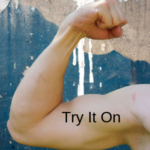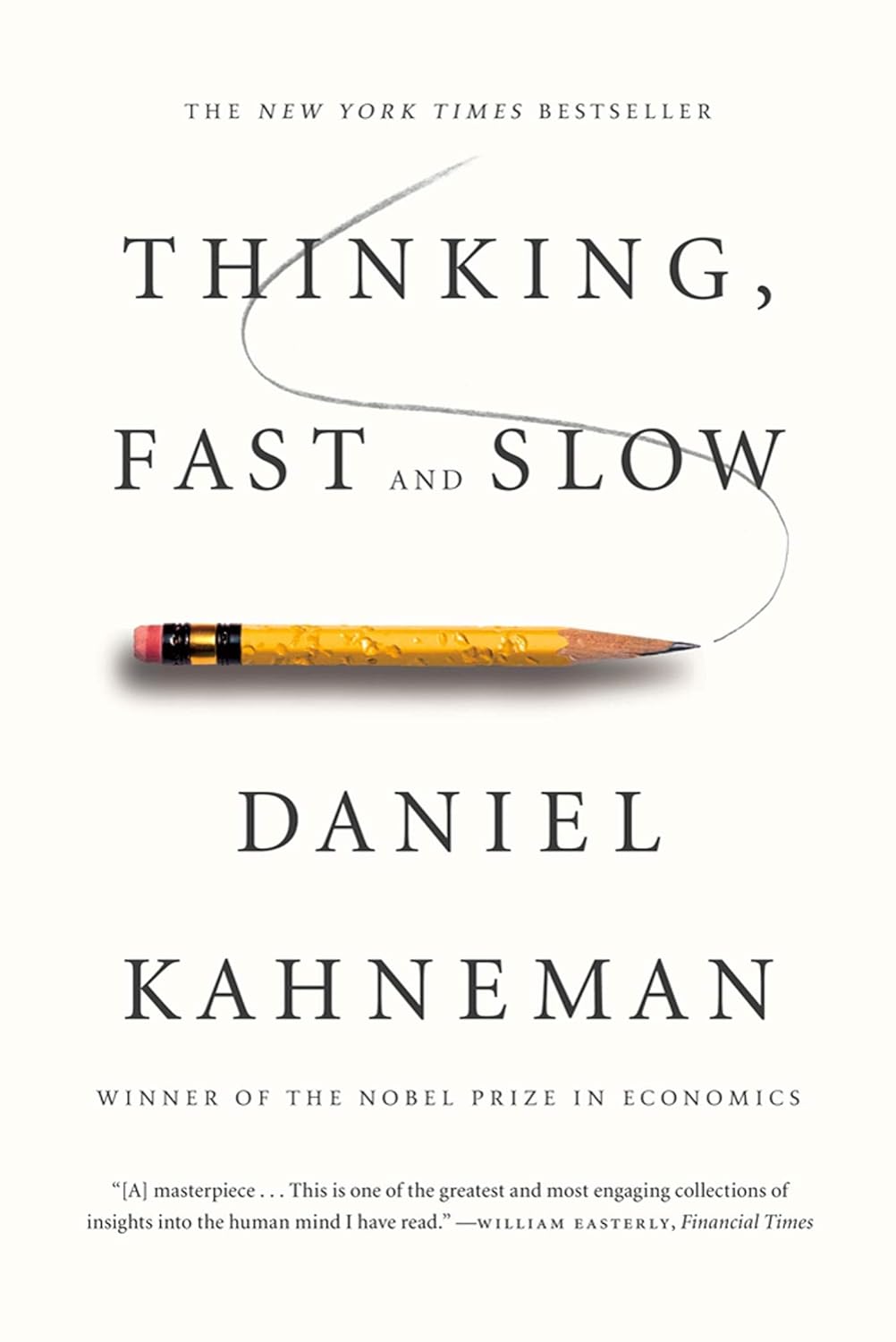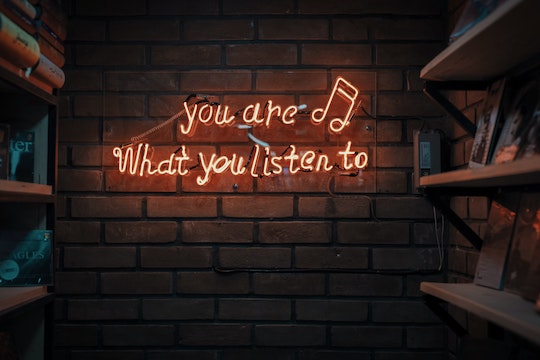Friday Review: THINKING
How often do you think about the way you (or others) think? Here are a few related posts you may have missed.
 Alter your thinking about thinking. Sometimes sitting with a question can expand your mind without always needing to find an answer.
Alter your thinking about thinking. Sometimes sitting with a question can expand your mind without always needing to find an answer.
 Sometimes the direct approach doesn’t work. You may need to find and enter the third door to reach your goal.
Sometimes the direct approach doesn’t work. You may need to find and enter the third door to reach your goal.
 Boost the resolution of your thinking. Notice the self-talk and images that pass through your mind and watch them come into focus.
Boost the resolution of your thinking. Notice the self-talk and images that pass through your mind and watch them come into focus.











